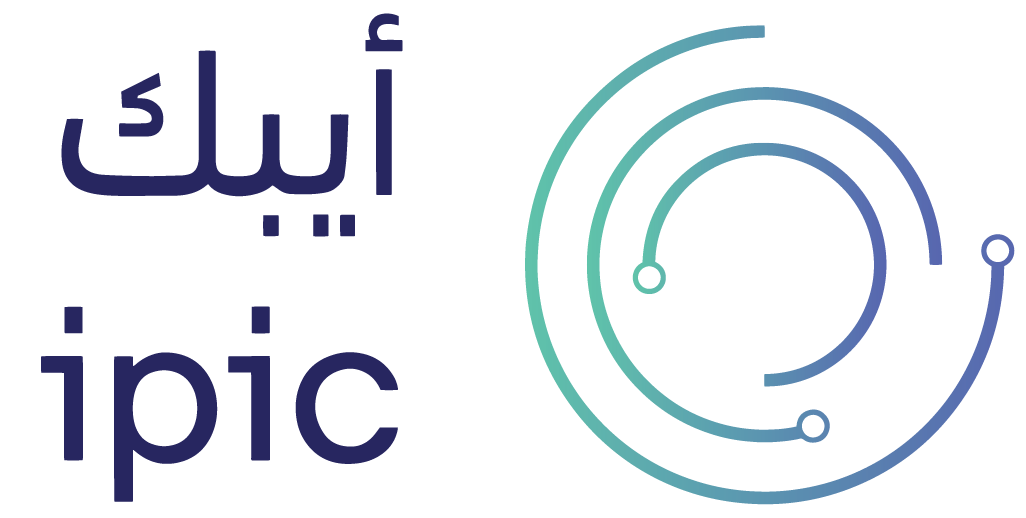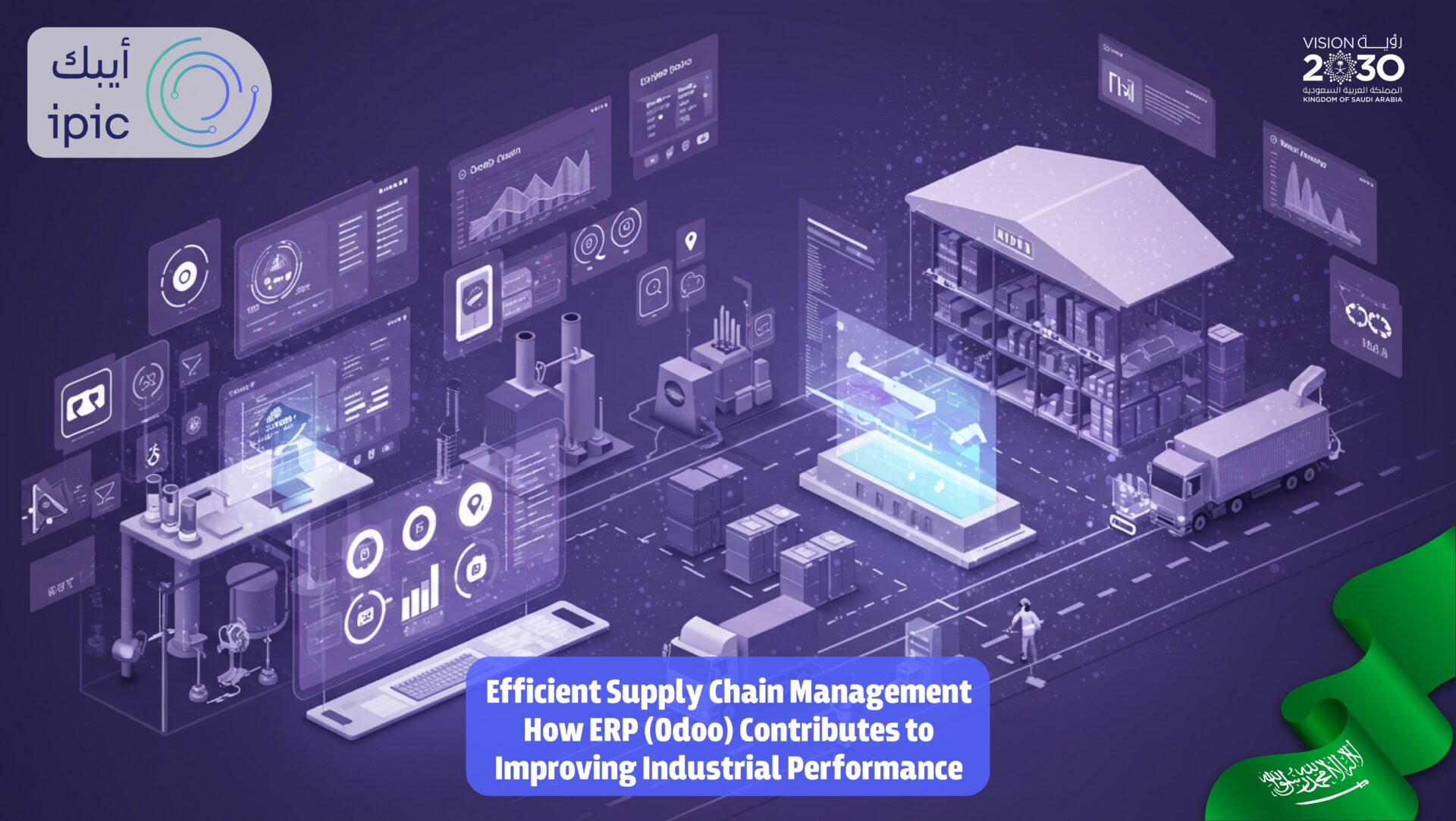Efficient Supply Chain Management: How ERP (Odoo) Contributes to Improving Industrial Performance
Supply chain management is one of the most crucial elements that directly impact a company’s and factory’s success. To ensure continuous operations, reduce costs, and achieve the highest levels of efficiency, companies need powerful technological tools that enable them to effectively manage this chain. This is where Enterprise Resource Planning (ERP) systems, like Odoo, come in as one of the leading solutions for digital transformation and business optimization.
So, how exactly can Odoo ERP help improve supply chain management in your factory? What benefits can this system bring to your operations?
1. Integration of Processes
One of the key features of Odoo ERP is the integration of all the system’s components. Instead of using separate systems for each part of the supply chain, Odoo connects all activities, from raw material storage to final product delivery, within one unified system. This integration helps reduce errors caused by manual data entry and provides a clear and comprehensive view of all stages in the supply chain.
How does integration improve efficiency?
- Real-time data: Data is updated instantaneously, allowing for quicker and more accurate decision-making.
- Better planning: With all information in one place, you can better predict material needs and optimize scheduling.
2. Improved Inventory and Warehouse Management
One of the biggest challenges faced by factories is the storage and management of raw materials and inventory. With Odoo ERP, you can track inventory in real-time using advanced tools like barcode scanners or RFID, making inventory management automated and more accurate.
How does Odoo help with inventory management?
- Historical data analysis: The system helps predict stock requirements based on past trends and future demands, preventing stockouts or overstocking.
- Waste reduction: By managing inventory more precisely, it reduces waste caused by unnecessary or expired materials.
- Cost reduction: Optimizing storage spaces and reducing excess stock helps lower associated storage costs.
3. Improved Procurement Management
Odoo ERP also enhances the procurement of raw materials by improving communication with suppliers and offering tools to track purchase orders efficiently. The system identifies the optimal times to purchase materials based on expected demand and current stock levels, which helps reduce production delays and downtime.
How does ERP improve procurement?
- Purchasing tracking: It allows for easy tracking of purchase orders and suppliers.
- Automated processes: It automatically determines when to reorder materials based on stock levels and demand forecasts.
- Supplier optimization: Using historical data, the system enables better supplier management and more informed purchasing decisions.
4. Enhancing Product Delivery
The benefits of Odoo ERP extend beyond production. The system also connects sales, storage, and distribution processes to ensure timely product delivery with minimal cost.
How does Odoo enhance delivery?
- Order planning: It optimizes delivery schedules based on customer priority and available inventory.
- Shipping integrations: It can be integrated with shipping companies to guarantee on-time deliveries and minimize shipping costs.
- Comprehensive tracking: The system offers real-time tracking of shipments, giving the team visibility into product status at all times.
5. Improved Supplier and Customer Relationships
One of the greatest benefits of Odoo ERP in supply chain management is improving relationships with both suppliers and customers. By tracking performance and providing accurate reporting, you can improve supplier relationships through timely payments, cost savings, and increase customer satisfaction by ensuring on-time deliveries.
How does Odoo enhance relationships with suppliers and customers?
- Supplier performance analysis: It enables better decision-making when it comes to selecting suppliers and managing purchasing processes.
- Improved customer satisfaction: Timely deliveries, transparency, and accurate tracking improve customer satisfaction and loyalty.
6. Real-Time Reporting and Analytics
One of the standout features of Odoo ERP is its real-time reporting and analytics capabilities. This offers continuous oversight over production, cost management, inventory levels, and overall process efficiency. This enables informed decision-making and better strategic planning.
How does Odoo offer real-time data analysis?
- Custom reports: Generate tailored reports for every aspect of the supply chain.
- Comprehensive visibility: Data is constantly updated, allowing you to track processes in real time.
- Informed decisions: Accurate and up-to-date reports enable smarter decisions and better future planning.
Conclusion:
Odoo ERP is more than just a traditional management tool; it’s a comprehensive digital solution that significantly contributes to improving supply chain management for factories. From integrating processes and managing inventory to enhancing supplier relationships and delivering products on time, Odoo helps factories optimize efficiency, reduce costs, and achieve sustainable growth.
Implementing Odoo ERP could be the key step in your factory’s digital transformation journey, allowing you to stay ahead of the competition in a fast-evolving industry.
If you’re looking to improve your factory’s supply chain, IPIC is ready to provide the integrated solutions needed to implement Odoo ERP in the most effective way tailored to your specific needs and objectives.



